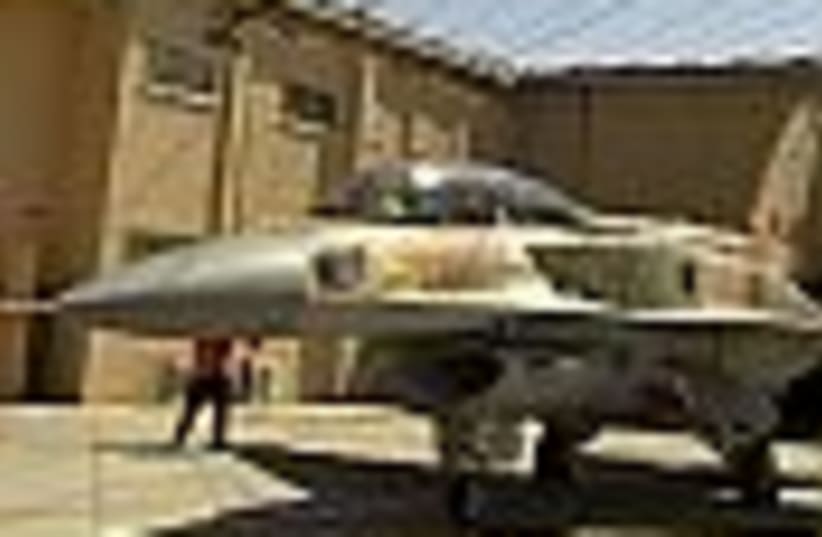| More about: | Hezbollah, Metula, Ariel Sharon, Palestinian National Authority |
Editorial: Hitting Hizbullah
Restraint only makes sense if Israel is "paid" for it in the form of concrete actions.


| More about: | Hezbollah, Metula, Ariel Sharon, Palestinian National Authority |